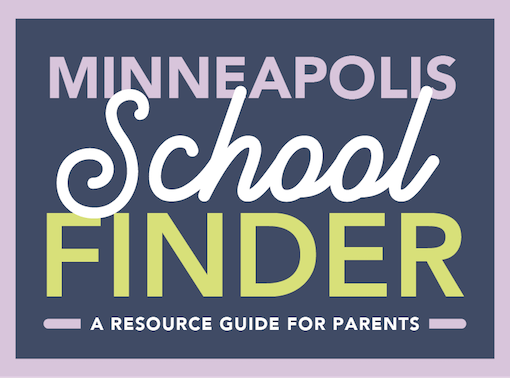New Millennium Academy
Calificación de rendimiento escolar
Acerca de
Idiomas hablados por el equipo
English, Hmong
Programación adicional
NMA’s extracurricular program offers students a variety of opportunities to explore their interests beyond the classroom. Their Hmong cultural programming connects students to their heritage through activities like Hmong dance, learning the traditional qeej instrument, cooking classes, performing arts & theater, & paj ntaub (Hmong embroidery). These activities help foster pride & understanding of Hmong culture.
In addition to cultural offerings, NMA provides an athletics program. Students can participate in flag football, volleyball, & basketball, helping them build teamwork, leadership, & physical fitness. Whether in cultural or athletic activities, NMA encourages students to develop skills, confidence, & a sense of belonging.
Extracurriculars Offered:
Cultural Extracurriculars, Sports
Uniforms
Students who attend New Millennium Academy are not required to wear uniforms.
Cómo matricularse
To enroll, contact NMA’s Main Office at (763) 235-7900 or info@nmaedu.org.
Estudiantes en esta escuela
Profesores en esta escuela
Proporción media de alumnos por profesor
Plan de estudios
50%
Programación académica
NMA’s academic strategy is centered around 5 core components: Curriculum, Instructional Practice, Hmong & English Language Development, School & Student Culture Practices, & MTSS. At NMA, all students have access to relevant, engaging, standards-aligned, grade-level appropriate curriculum & texts in every core class. All teachers use challenging but engaging teaching practices. NMA commits to building students’ engagement with Hmong & English language & to creating a joyful, demanding, & inclusive school culture. They have created a multi-tiered system of support for all students.
Programación de educación especial
NMA’s special education program is focused on each student receiving a full range of support & opportunities to reach their highest potential. All students succeed through individualized & differentiated support in the 3 Foundation Skill areas: academic, behavioral, & social learning. The Special Education program provides compliant, competent, & collaborative services to support each student’s growth.
Programación de aprendizaje del idioma Inglés
NMA’s English Language Learner (ELL) Education Vision is that all emerging multilingual students will make steady progress towards English language proficiency & achieve grade level standards in all content areas. The 3 Pillars of NMA’s ELL Education Program are access, asset based teaching, & partnership.
Competencia
2 de 10 estudiantes realizan matemáticas a nivel de grado
3 de 10 estudiantes leen a nivel de grado
Progreso
4 de 10 estudiantes que progresan para graduarse en el nivel de grado en matemáticas
5 de 10 estudiantes que progresan para graduarse en el nivel de grado en lectura
Climático
68%
Valores escolares
New Millennium Academy believes in the RHINO way.
The RHINO way stands for (R)espect, (H)elp, (I)nspire, (N)ever give up, & (O)vercome.
In 2018, NMA implemented the RHINO way as values to strengthen their school’s culture! They believe that in order to create an inclusive & supportive school environment, all school community members & all school decisions follow the RHINO way.
Discipline Policy
NMA’s discipline policy, rooted in restorative practices & integrated with Positive Behavioral Interventions & Supports (PBIS), aims to repair harm & rebuild relationships while promoting positive behavior. This framework emphasizes understanding the impact of actions, encouraging accountability, & fostering empathy & responsibility among students. PBIS provides a proactive approach by setting clear behavioral expectations & recognizing positive behaviors, thereby reducing the number of incidents. When issues arise, students engage in conversations supported by school staff to share their feelings, talk about harm caused, & develop solutions together to make amends. This approach not only addresses the immediate issue but also promotes a supportive school culture, helping students learn from their mistakes & develop positive conflict resolution skills. Regular training for staff & continuous evaluation ensure the policy’s effectiveness & alignment with the school’s values.
Retención del profesorado
Asistencia
Disciplina
Igualdad
71%
Visión de igualdad
NMA’s equity vision is to create an inclusive & equitable educational environment where every student, regardless of background, identity, or circumstance, has access to the resources, opportunities, & support they need to succeed. This vision is driven by a commitment to breaking down system-wide challenges & addressing gaps in academic outcomes. The school fosters a culture of respect, belonging, & high expectations for all students by adopting culturally responsive teaching practices, celebrating diverse perspectives, & engaging with families & communities. Ongoing professional development for staff, data-based decision-making, & a continuous focus on equity makes sure that every student can thrive academically, socially, & emotionally.

